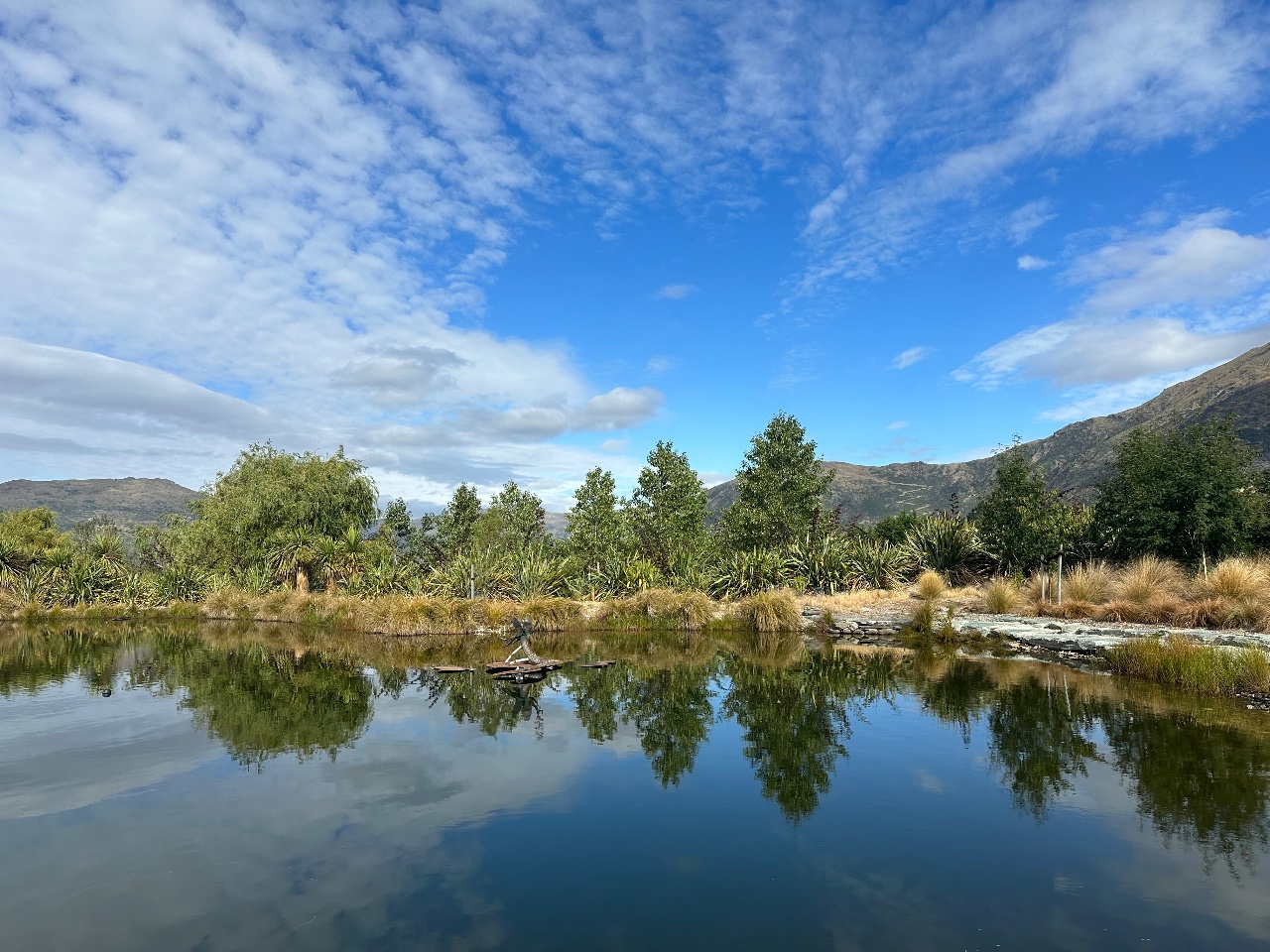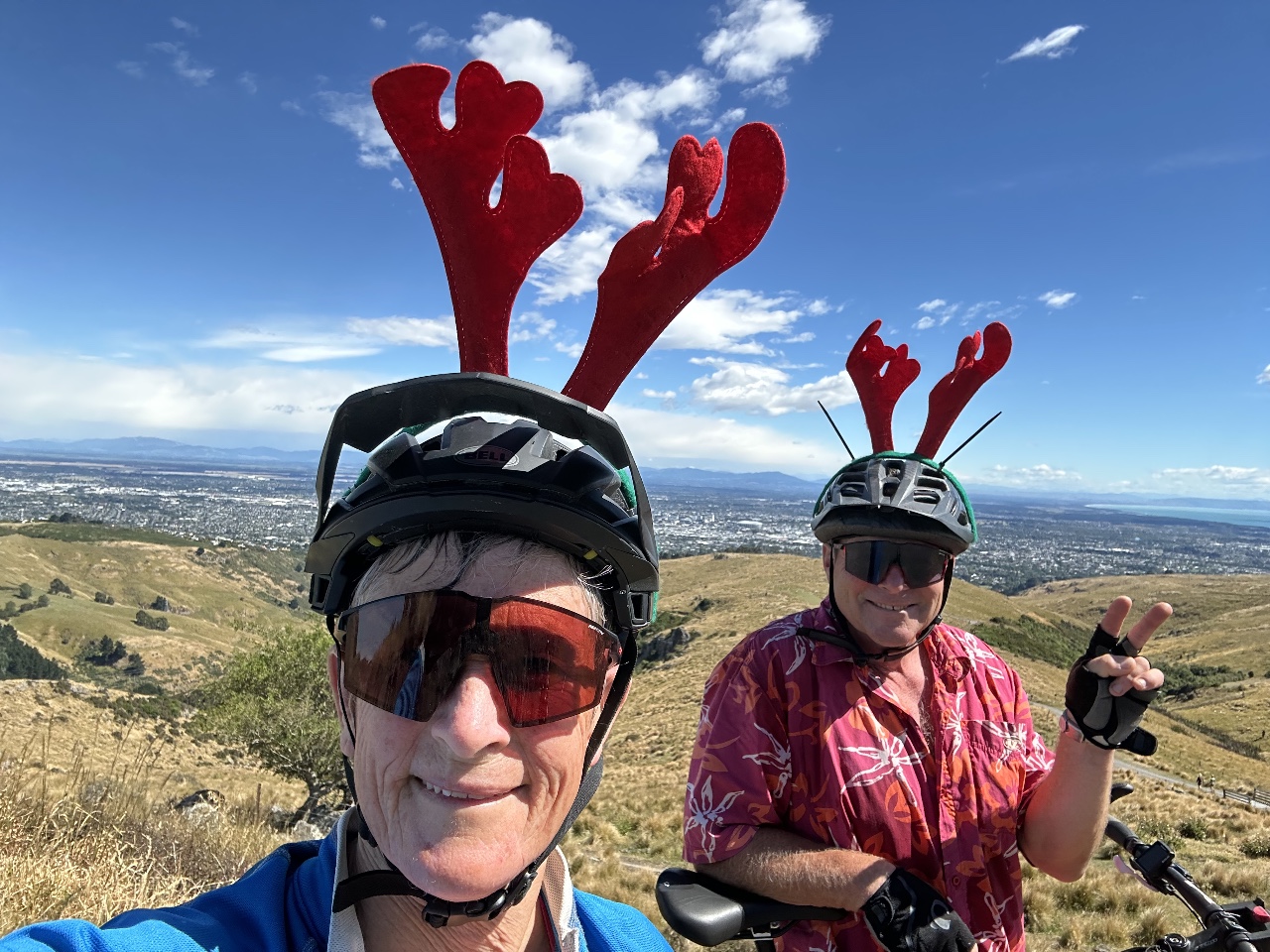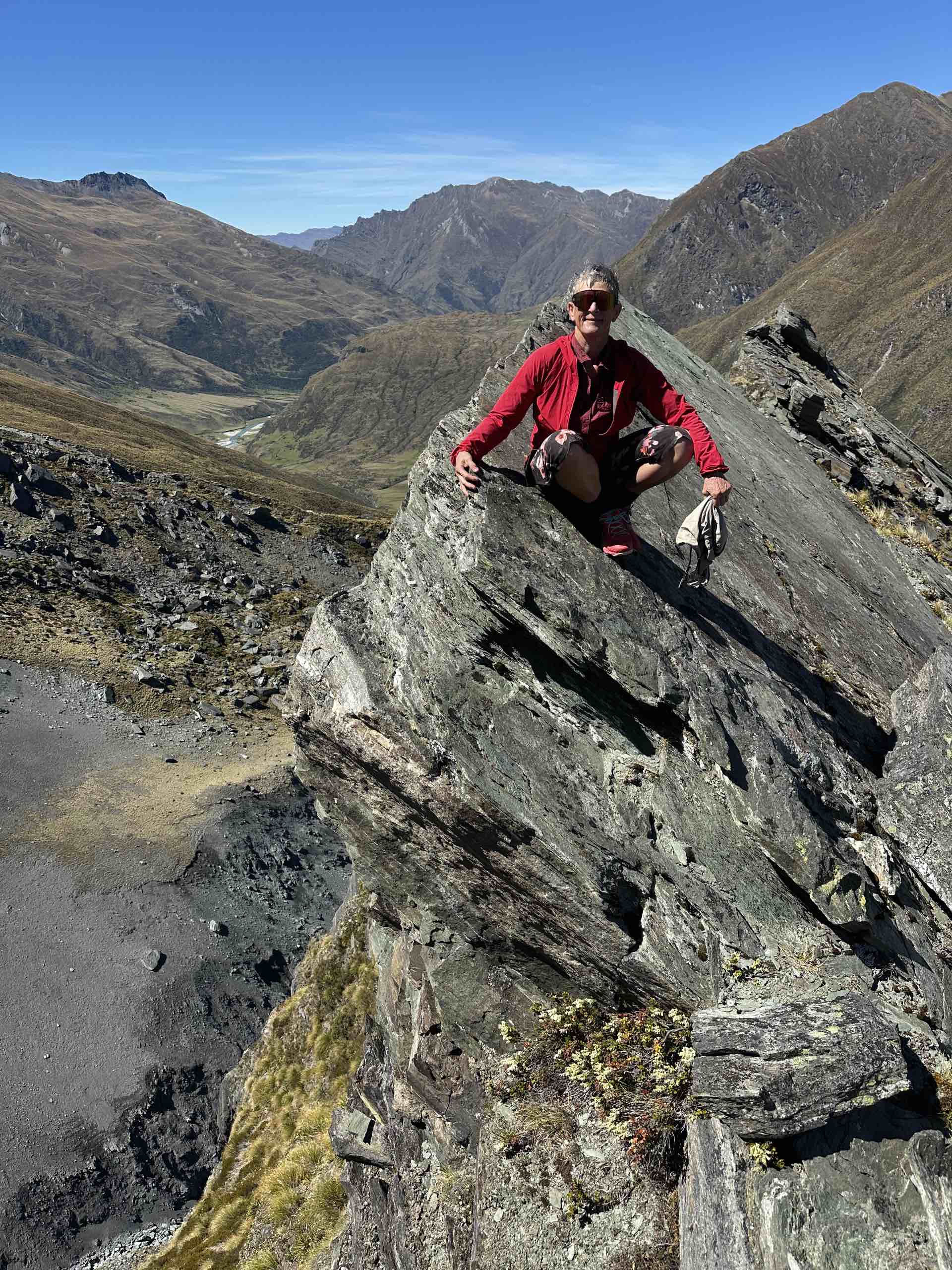When it all gets too much I go and look at reflections in the pond
There are microbes controlling your brain? Do you believe that? Does it sound like science fiction gone badly wrong? Does it make you want to know about the pill or procedure which eradicates the microbes so you can be saved from a dreadful fate?
Sorry to be the bearer of bad news but you need those microbes. Like they need you. There’s a symbiotic relationship between the microbes that live in your body and organs that is inescapable but poorly understood. We are starting to fill this gap, however – research on the gut microbiome has exploded in the last fifteen years.
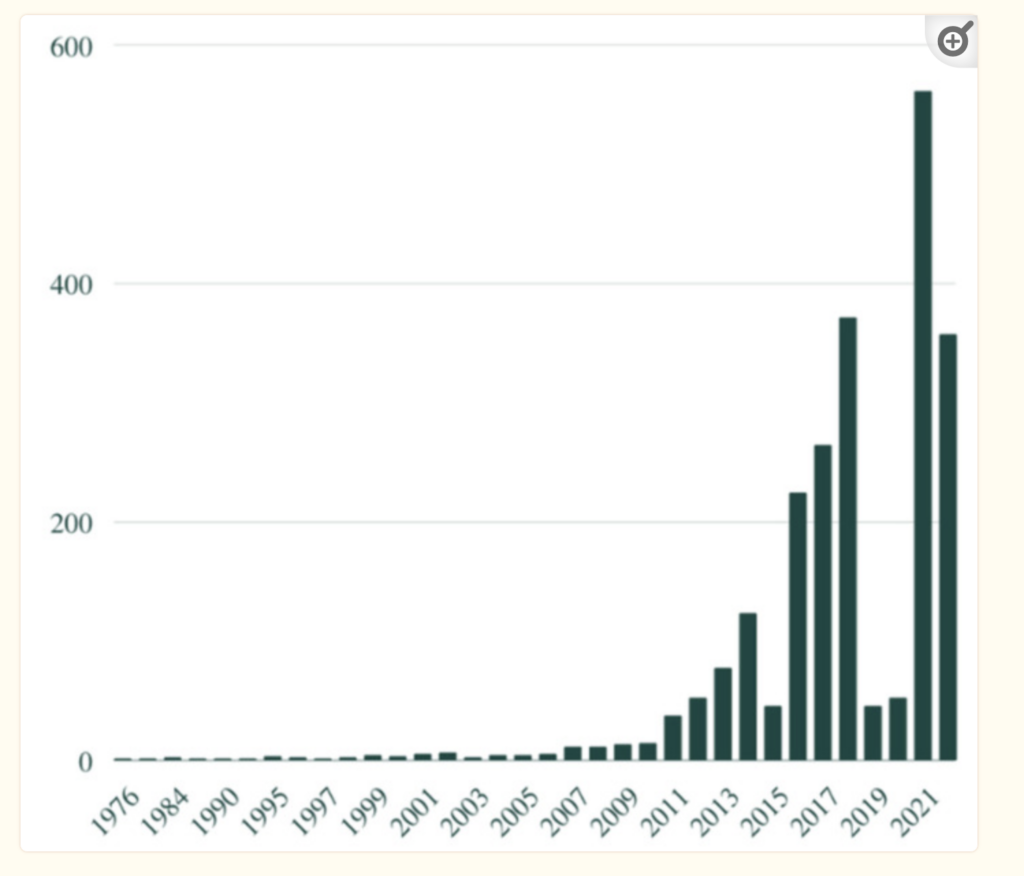
Numbers of articles published on gut biota by year
We now know that gut microbes can make substances that affect the cells in our body. These substances are similar or identical to the substances made in our own cells – including neurotransmitters, and amino acids. Gut microbes release these substances into our blood to be transported around the body and absorbed into our cells and tissues. Gut microbes also directly communicate with our nerves, and thus our brain. They can affect behaviour, emotion, cognition and pain management.
While we are developing new levels of understanding of the gut-brain link, humans have observed connections between digestion and emotions, mood and behaviour for hundreds of years. Faecal transplants, a current popular method of manipulating gut flora, has been used for millenia – this was practised by past Chinese medics and Ancient Greeks. In the 1700s people were systematically investigating the possibility of connections between the gut and the brain.
In the 1800s, doctors considered the gut to have considerable influence on the mind. British scientists hypothesised that nerve endings invoked positive emotions but unhealthy food or alcohol could have a damaging influence and lead to negative emotions. The stomach was seen as a very important organ (while the colon was thought of as a primitive tube for waste disposal). Some medics theorised highly processed food could cause digestive dysfunction and that urbanisation created gastrointestinal issues including from overeating, overthinking and a sedentary lifestyle. Some psychiatric symptoms were blamed on overconsumption of tea, including hysteria in women! By the end of the 1800s the roles of particular bacteria in the gut were being investigated (microbes having been discovered in the late 1600s through the invention of the microscope).
In the 1900s, the connection between gastrointestinal problems and stress was proposed i.e. that the brain affected. This link was supported by the observation that soldiers who fought in WWII and Londoners affected by air raids being prone to stomach ulcers. The discovery of the connection between Helicobacter pylori and stomach ulcers in the 1980s was a notable leap forward in understanding – a definite connection between a particular illness and a specific bacterium.
While the term ‘microbiota’ was popularised late in the 1900s, the term ‘human microbiome’ coined in the 2000s indicated a step change in thinking. At the same time, whole genome sequencing in the early part of the 2000s enabled a step shift in understanding the gut microbiome. Large research programmes were established to investigate the microbiome e.g. the MetaHIT consortium funded by the European Commission in 2008 to investigate the role of microbiota in inflammatory bowel disease and obesity, and the American Gut Project set up in 2013 to crowdsource microbiome samples from people in 45 countries.
It has been established that gut microbiota can trigger sugar cravings by changing our taste buds’ experience of sugar and producing dopamine and serotonin when we eat sugar – making us feel happier. Feeding the microbiota that want sugar is likely to increase the proportion of such microbiota in the gut, leading to more sugar cravings … Further, it has been found in mice that antibiotics change gut biota and lead to mice overeating sugary food (but not overeating normal food).
There is increasing research into ‘psychobiotics’ – microbiota which create neurotransmitters and other substances that influence the central nervous system. Links have been found between prevalence of particular microbiota and/or the substances they produce with depression, anxiety, stress, sleep disturbance, autism, Parkinson’s disease and Alzheimer’s disease. Synuclein, found in the brain of people with Parkinson’s, is made by gut bacteria and can travel via nerves from the gut to the brain. Other bacteria make oxytocin, a hormone that promotes social behaviour.
Despite the importance of gut microbiota, we are at the beginning of our understanding of how the complex communities of microbiota in our gut affects us, and how we can deliberately manipulate these communities. Our gut microbiomes are complex at levels we don’t yet understand – they cycle at a daily and seasonal level (microbes have very short lifetimes so their populations can change rapidly), and vary across ethnicities and regions. There are also a myriad of microbes in parts of our bodies other than the gut e.g. in fatty tissue, the liver, the reproductive tract. Given our lack of understanding, beware of self-help articles suggesting you can miraculously cure physical conditions by influencing your gut biota. At best such material will likely suggest things you already knew you should do – eat unprocessed food, eat lots of fibre, do regular exercise. Less helpfully, it will suggest you buy a plethora of products to ‘repair’ or ‘restore’ gut biota, for which there is likely little (if any) evidence.
To me, the most significant aspect of increasing understanding of our microbiomes is the emphasis that no organism exists in isolation – reminding us we are part of an interlocking world on which we are dependent. Even at an individual level, we are not a single organism, we are a highly complicated and symbiotic set of organisms working together. So, no need to worry about being taken over by aliens, it has already happened.
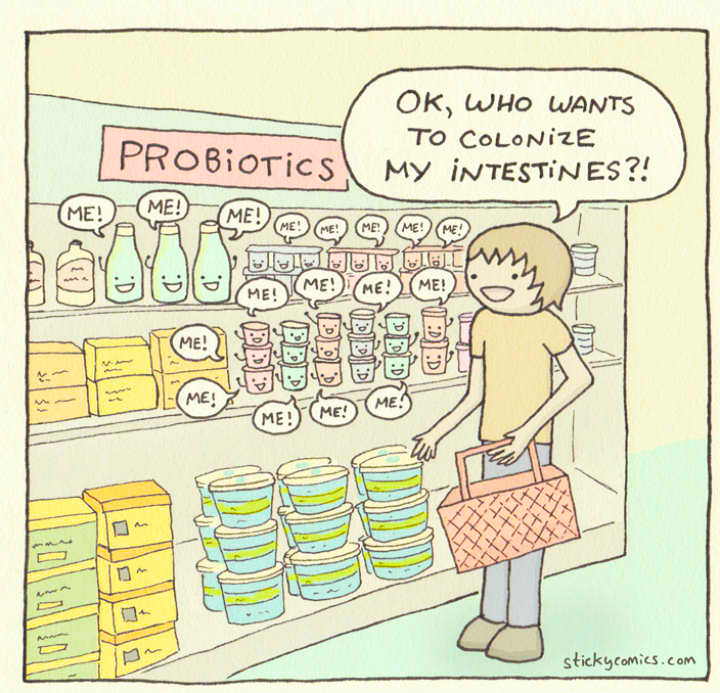
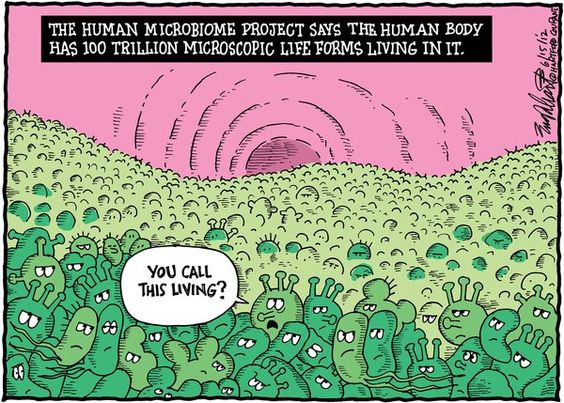
Discover more from Jane Shearer
Subscribe to get the latest posts sent to your email.

